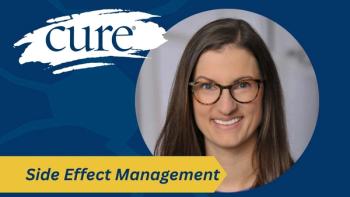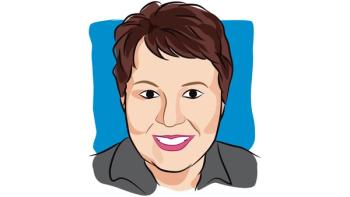
- November 2014
How prevalent are long-term and late effects in survivors?
The numbers of those who will be affected by long-term and late effects are difficult to determine because, in many cases, each cancer or treatment is accompanied by its own list of issues, which survivors may or may not experience.
The numbers of those who will be affected by long-term and late effects are difficult to determine because, in many cases, each cancer or treatment is accompanied by its own list of issues, which survivors may or may not experience. The primary research on late effects has occurred in the pediatric cancer community. According to a study by researchers at St. Jude Children’s Research Hospital in Memphis, Tennessee, and Memorial Sloan Kettering Cancer Center in New York, 98.2 percent of 1,713 adult survivors of childhood cancer included in the study had at least one chronic health condition. Of those survivors, 67.6 percent had health issues that could be classified as serious, disabling or life-threatening.
Information about long-term and late effects for adult patients can be difficult to ascertain, but a study published in 2003 in The Journals of Gerontology: Series A found that cancer survivors without other chronic diseases were “significantly more likely to report being in fair or poor health.” Among those respondents, survivors under the age of 65 were more likely to be unable to work because of their health, compared with people who didn’t have a history of cancer or other chronic illnesses.
Articles in this issue
over 11 years ago
What are examples of effects caused by treatment?over 11 years ago
What are ways to ease long-term and late effects?over 11 years ago
What are long-term and late effects?


